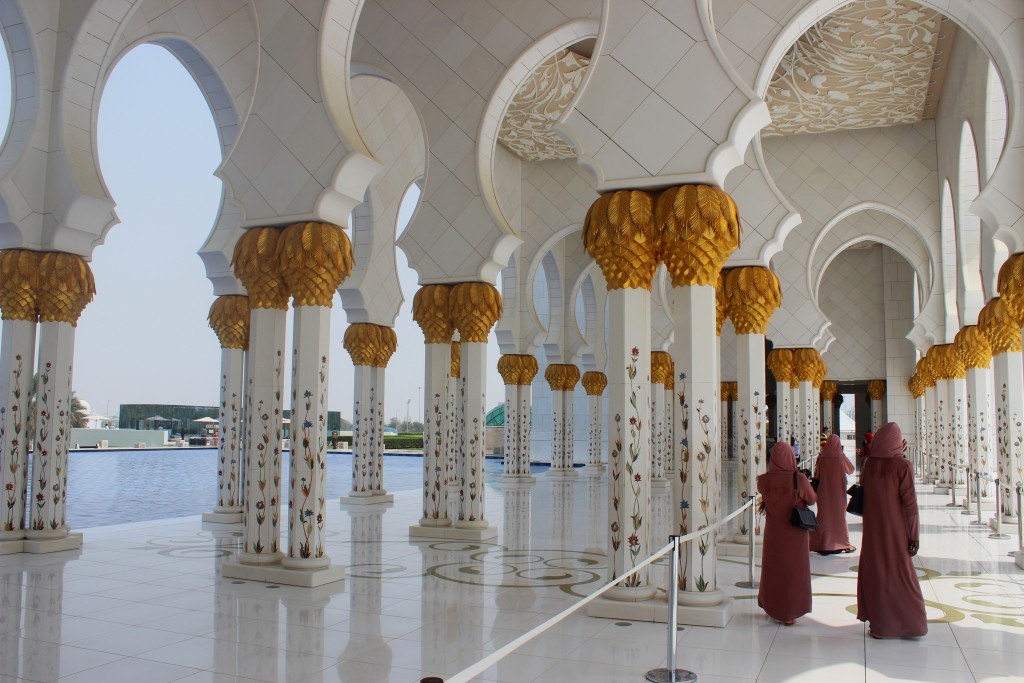Eid Al Adha, also known as the “Festival of the Sacrifice” is one of the two major Islamic holidays celebrated each year by Muslims around the world.
Eid Al Adha honours the willingness of Prophet Ibrahim to sacrifice his son Ismail in obedience to God’s command. But before Prophet Ibrahim could carry out the sacrifice, God intervened and provided a lamb instead. In commemoration of this important event in Islamic history, many Muslims sacrifice animals and distribute two shares of the meat among relatives and needy people.
According to the Islamic lunar calendar, Eid Al Adha falls during the last month, Dhu al-Hijjah, following the annual pilgrimage (Hajj) in Saudi Arabia. Eid begins on the 10th of Dhu al-Hijjah and ends on the 13th. During the first nine days of the month, many Muslims spend their time praying, fasting, giving charity and engaging in other acts of worship.
Eid Al Adha Holidays in the UAE
The Ministry of Human Resources and Emiratisation announced last week that 9th to 12th Dhu al-Hijjah 1441H, which will fall on 30th July-2nd August 2020, will be a paid public holiday for private sector workers. The UAE Federal Authority for Government Human Resources also announced holiday for ministries and federal entities from Thursday to Sunday, with work resuming on Monday, 3rd August. Banks in the UAE will also be closed on these dates.
Eid Al Adha Prayers in the UAE
Mosques will be open during Eid holidays, with operational capacity increased to 50 percent from the current capacity of 30 percent. However, prayers for Eid must be performed at home in order to avoid large congregations.
Eid Gatherings
The UAE has seen a sharp drop in the number of coronavirus cases reported daily, as compared to May when 700-900 cases were being reported every day. With its stringent safety measures, the country is now close to flattening the curve. However, the ban on family gatherings at home remains in place in order to prevent an increase in the number of coronavirus cases.
UAE’s National Authority for Emergency, Crisis and Disaster Management’s spokesperson, Dr Saif Al Dhaheri has said that all COVID-19 precautionary measures must be followed during Eid celebrations in the country. The authorities have also discouraged UAE residents from giving money (cash) as Eidi to children or other family members to reduce the risk of transmission.
The official spokesperson of the UAE government, Dr Omar Al Hammadi has said that social and physical distancing “gives more time for scientists and experts working in the field of medicine and vaccine trials to find solutions and reduce the burden on the health sector.”
Large gatherings therefore need to be avoided as people with low immunity, such as the elderly with chronic diseases and pregnant women, can get infected easily. Instead of paying a visit to relatives during Eid, UAE residents are being encouraged to organise virtual gatherings and send gifts to loved ones.
Animal Sacrifice during Eid Al Adha
Animal sacrifices need to be done via the relevant charities. The World Health Organization (WHO) has provided specific guidelines for animal management, processing facilities and the distribution of meat.
Prices of livestock have gone up in the UAE this year due to the spread of COVID-19 in countries like India and Pakistan, which supply the animals. Instead of being imported via sea routes, the animals are entering the UAE via air cargo which has led to a price hike of AED 100-200 per animal.
http://thebrownidentity.com/2020/07/20/hope-mission-to-mars-uae-celebrates-successful-launch-on-monday/
Travelling to the UAE during Eid Al Adha
Those visiting or heading back to the country during Eid need to follow all protocols in place, including a negative test for coronavirus, which needs to be taken by travellers at accredited centres less than 72 hours before their journey.
